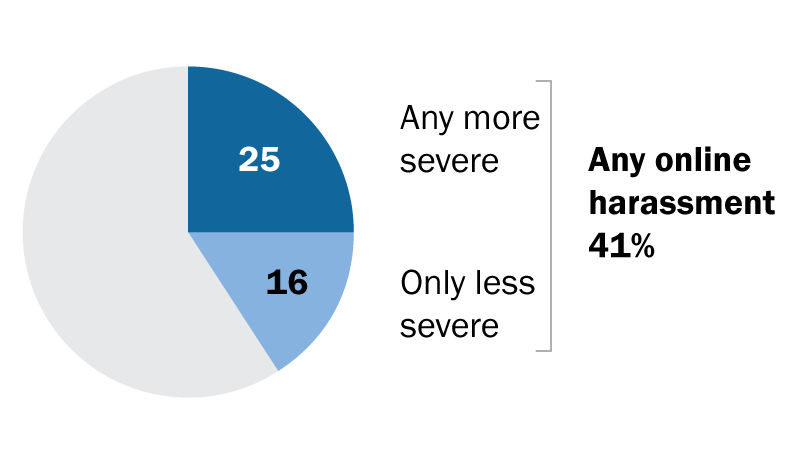
Why Many Parents and Teens Think It’s Harder Being a Teen Today
Is it harder being a teen today? Or do they have it easier than those of past generations? We asked parents and teens who say being a teenager has gotten harder or easier to explain in their own words why they think so.



















